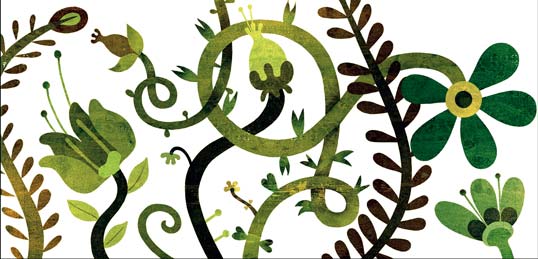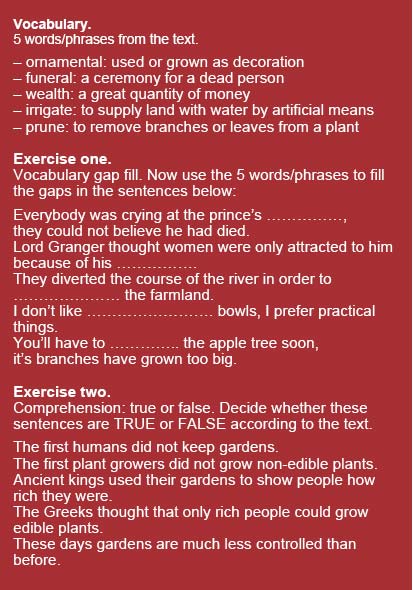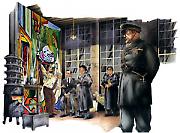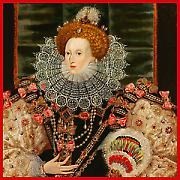Енглески за све
GARDENING: The BEGINNINGS

Our England is a garden, and such gardens are not made
By singing: -"Oh, how beautiful!" and sitting in the shade.
Rudyard Kipling, "The Glory of the Garden"
Are gardens a recent invention?
The modern garden has a history going back many thousands of years. Early humans were hunters and gatherers, and didn’t usually stay in one place for a long time. Instead, they travelled from place to place following the food (plants and animals) according to the seasons. During the Neolithic period (over 10,000 years ago) this slowly began to change; humans started to domesticate certain plants, which meant they could remain in one place and grow their own food. The first ‘garden’, was a vegetable-garden, where early humans cultivated different types of plants for food.
What plants did people grow?
Evidence of early agriculture in Europe includes edible plants such as wheat or lentils, but also includes more ornamental plants for other purposes. Plants for medicine were grown (such as sage), as were herbs and spices for flavouring or preserving food. Certain plants also had religious or spiritual value and were not only grown because they were useful or edible. Growing of plants not only for food was the beginning of gardening.

Why did people plant gardens?
Gardens today are beautiful places to go and relax, but have had many purposes over the years. In the past they were planted to honour the gods, or used in religious ceremonies such as funerals and weddings. Certain trees were also sacred in some cultures; Yew trees were important for Celts, as were Sycamores in Egypt. The ancient Greeks planted groves for their Gods, and many cultures believed gardens were holy.
They were also a way to show that their owners were rich or powerful. Ancient rulers created huge gardens to display their wealth, in the same way that large palaces were symbols of prosperity. In Roman times the garden became an extension of the house, representing the owner’s status in society, rather than a holy place.
What does paradise mean?
Sir Francis Bacon described gardens as “the purest of human pleasures.” Pleasure and happiness are ideas linked with gardens. The ancient Greeks believed growing food was a job for the poor, but gardens were places for enjoyment and contemplation. The English word paradise comes from the ancient Persian word Pairidaeza – meaning a walled space, a garden. The gardens of the Middle East, described in The Arabian Nights, were places of great beauty and splendour where people enjoyed the pleasures of life.
What was the most famous garden?
One of the most famous early gardens was the Hanging Gardens of Babylon. One of the Seven Wonders of the Ancient World, it was created around 2600 years ago near the river Euphrates and contained many plants, flowers, fruit trees, stone columns and waterfalls. It was designed so the river could continually irrigate it and as a result was green all year round.
Are gardens artistic?
As gardens have developed over the years, design and beauty have become more and more important. Humans have learnt to control nature and to design gardens precisely, like a work of art or a building. The Gardens of Versailles in France are an excellent example of ‘garden architecture’, everything is symmetrical and even the trees are pruned to fit in with the design.
Carefully planned or not, gardens are still beautiful and relaxing places to visit. On a fine day you might even find a little part of paradise, if you look hard enough…





Аутор:
John Russell
Илустровао:
Ива Ћирић 


















